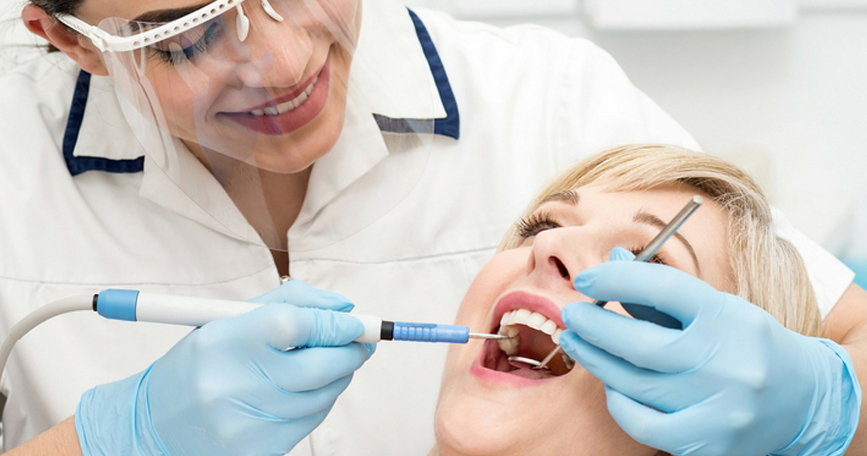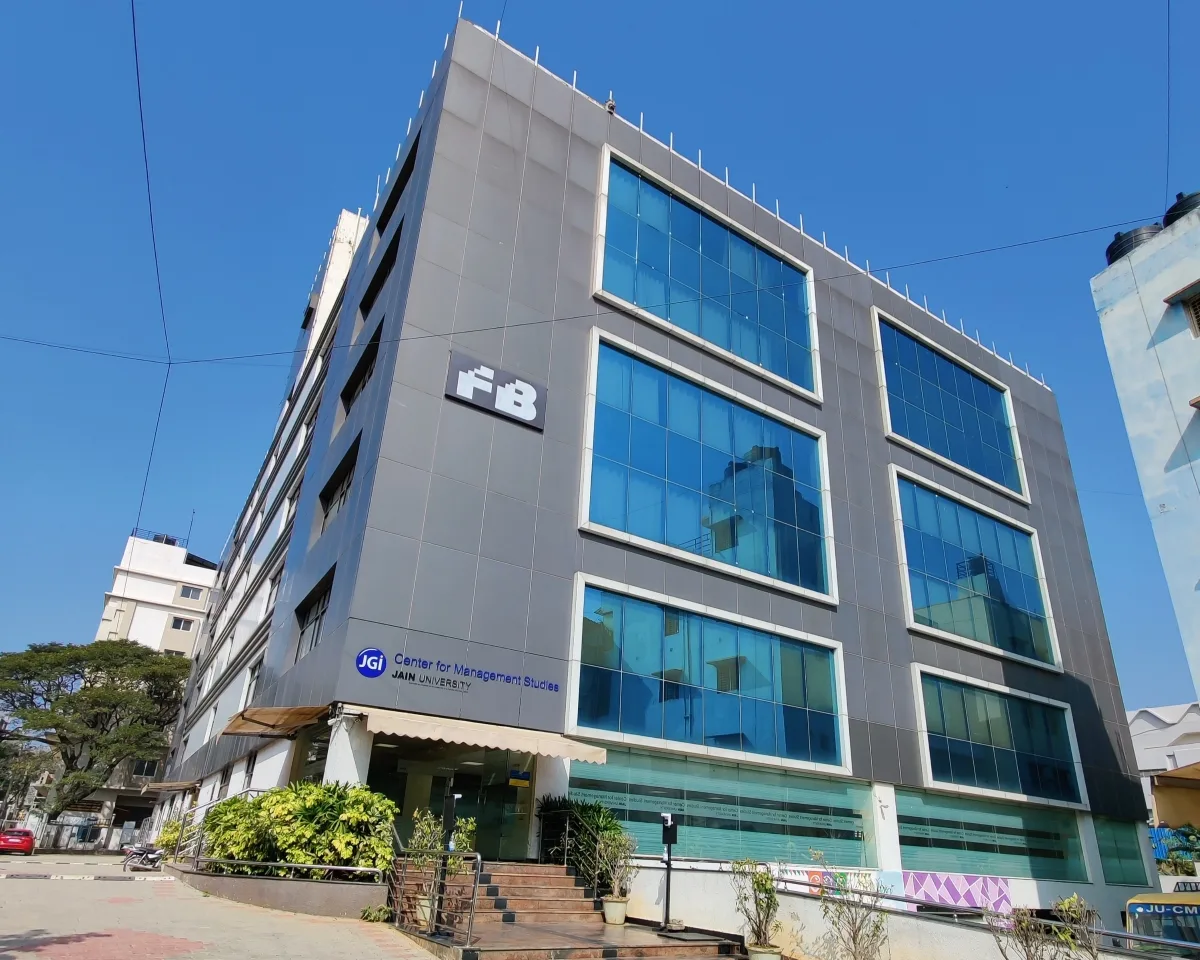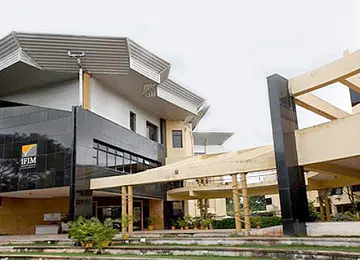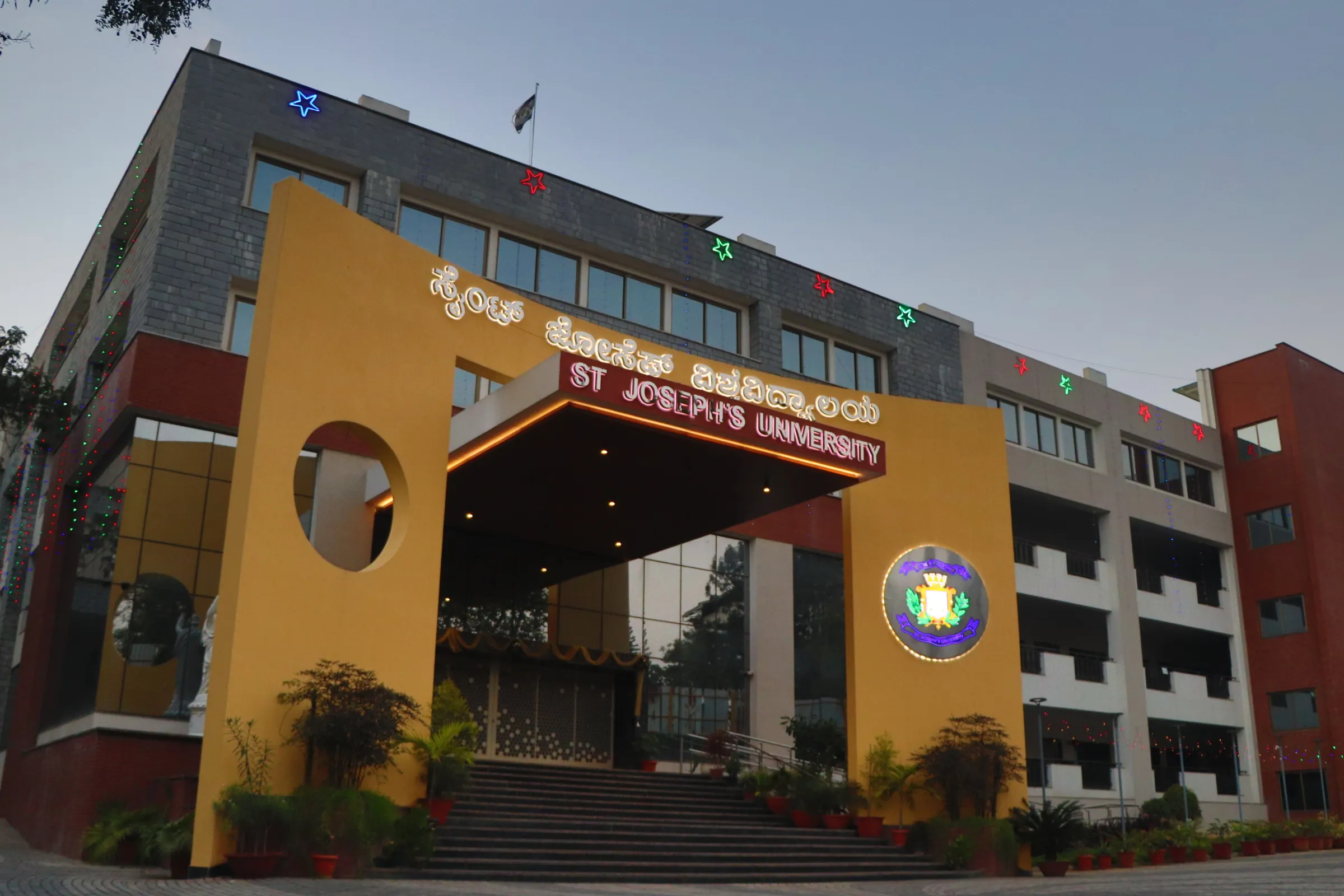Introduction
The Bachelor of Dental Surgery (BDS) is a highly respected and sought-after degree in the field of dentistry. This program is the foundational step for anyone aspiring to become a dentist. BDS equips students with the knowledge and skills required to diagnose, treat, and prevent oral diseases, playing a crucial role in maintaining oral health.
- History and Evolution
- Course Structure
- Admission Process
- Curriculum Details
- Specializations in BDS
- Skills Acquired During BDS
- Challenges Faced by BDS Students
- Opportunities After BDS
- Salary Expectations
- Global Recognition and Opportunities
- BDS vs Other Dental Degrees
- Impact of Technology on BDS
- Case Studies
- Conclusion
- FAQs
History and Evolution
The BDS degree has a rich history that dates back to the early 19th century. Initially, dental education was informal and unstructured, but over time, it evolved into a formal and regulated program. The evolution of BDS has been marked by significant advancements in dental science and education, making it a comprehensive and rigorous course.
Course Structure
An BDS program typically spans five years, including one year of internship, depending on the country and the educational institution. The curriculum is divided into two main phases: pre-clinical and clinical. During the pre-clinical phase, students focus on basic dental sciences such as dental anatomy, physiology, biochemistry, and dental materials. The clinical phase involves practical training in dental clinics, where students gain hands-on experience in diagnosing and treating patients.
Admission Process
Eligibility Criteria
To be eligible for a BDS program, candidates must have completed their higher secondary education with subjects like Biology, Chemistry, and Physics. A strong academic record is essential, along with a passion for dentistry.
Entrance Exams
Admission to BDS programs often requires passing competitive entrance exams such as the NEET (National Eligibility cum Entrance Test) in India or other region-specific exams. These tests assess the candidate’s knowledge and aptitude for dental studies.
Application Procedure
The application process typically involves submitting academic transcripts, entrance exam scores, and sometimes letters of recommendation. Some institutions also conduct interviews to assess the applicant’s motivation and suitability for the program.
Curriculum Details
Pre-clinical Phase
In the pre-clinical phase, students are introduced to the fundamental concepts of dentistry. This phase includes subjects like:
- Dental Anatomy: Study of the structure of teeth and oral cavity.
- Dental Physiology: Understanding the functions of oral structures.
- Biochemistry: Chemical processes within the oral cavity.
- Dental Materials: Study of materials used in dental treatments.
Clinical Phase
The clinical phase focuses on practical training and patient care. Key components include:
- Oral Pathology: Study of oral diseases.
- Periodontics: Treatment of gum diseases.
- Orthodontics: Correction of teeth and jaw alignment.
- Prosthodontics: Restoration and replacement of teeth.
- Endodontics: Treatment of dental pulp and root canals.
Internships and Practical Training
Internships are a mandatory part of the BDS curriculum, providing students with real-world experience in dental clinics. During this period, students work under the supervision of experienced dentists, gaining practical skills and applying theoretical knowledge.
Top Medical Colleges In Bangalore
Specializations in BDS
After completing the BDS degree, dentists can choose to specialize in various fields. Common specializations include:
- Oral Surgery: Surgical treatment of oral and maxillofacial conditions.
- Pediatric Dentistry: Dental care for children.
- Oral Medicine and Radiology: Diagnosis and treatment of oral diseases using imaging techniques.
- Public Health Dentistry: Focus on dental public health and preventive dentistry.
Skills Acquired During BDS
BDS students acquire a diverse set of skills, including:
- Clinical Skills: Proficiency in diagnosing and treating dental conditions.
- Research Skills: Ability to conduct dental research and analyze data.
- Soft Skills: Communication, empathy, and teamwork, which are essential for patient care.
Challenges Faced by BDS Students
Academic Pressure
The BDS program is known for its rigorous and demanding nature. Students often face significant academic pressure due to the vast syllabus and the need to stay updated with the latest dental advancements.
Emotional and Mental Health
Dental students frequently experience stress and burnout due to long hours of study and clinical work. It’s crucial for them to maintain a healthy work-life balance and seek support when needed.
Opportunities After BDS
Higher Studies
Many BDS graduates opt for further studies to specialize in a particular field. Postgraduate options include MDS (Master of Dental Surgery), various diplomas, and fellowships.
Career Options
Career opportunities for BDS graduates are vast and varied. They can work in dental clinics, hospitals, academic institutions, or pursue roles in research and public health. Some also venture into dental product manufacturing and healthcare management.
Salary Expectations
Average Salary Range
The salary of a BDS graduate varies depending on their specialization, experience, and location. On average, a fresh BDS graduate can expect a salary ranging from $40,000 to $80,000 per year. With experience and specialization, this figure can significantly increase.
Factors Influencing Salary
Factors such as the healthcare facility, geographic location, and demand for specific specializations can influence salary levels. Dentists working in metropolitan areas or specialized clinics often earn higher salaries.
Global Recognition and Opportunities
Recognition of BDS Worldwide
A BDS degree from a reputable institution is recognized globally, allowing dentists to practice in various countries after meeting the local licensing requirements. This global recognition opens up numerous opportunities for career growth and advancement.
Working Abroad
BDS graduates have the opportunity to work abroad, often in countries facing a shortage of dental professionals. Working abroad can offer better career prospects, higher salaries, and exposure to different healthcare systems.
BDS vs Other Dental Degrees
Comparison with DDS and Other Dental Degrees
While BDS (Bachelor of Dental Surgery) is commonly pursued in countries like India and the UK, DDS (Doctor of Dental Surgery) is more prevalent in the USA. Both degrees focus on dental science but may have differences in curriculum and training methods.
Impact of Technology on BDS
Role of Technology in Dental Education
Technology has revolutionized dental education, with innovations like digital radiography, CAD/CAM systems, and virtual simulations enhancing the learning experience. These tools provide students with interactive and immersive learning opportunities.
Future Trends
Future trends in dental education include the integration of artificial intelligence, 3D printing, and teledentistry. These advancements aim to produce highly skilled and adaptable dental professionals.
Case Studies
Success Stories of BDS Graduates
Numerous BDS graduates have made significant contributions to the dental field. For instance, Dr. Rafiuddin Ahmed, a pioneer in Indian dentistry, established the first dental college in India. Such success stories inspire and motivate aspiring dentists.
Conclusion
In conclusion, the BDS degree is a gateway to a rewarding and impactful career in dentistry. It provides comprehensive training, equipping students with the knowledge and skills required to excel in the dental field. Despite the challenges, the opportunities for personal and professional growth are immense, making BDS a highly respected and valued qualification.
FAQs
1. What is the duration of a BDS program? The BDS program typically lasts five years, including one year of internship, depending on the country and educational institution.
2. What are the career options after completing BDS? BDS graduates can pursue careers in clinical practice, research, teaching, dental product manufacturing, healthcare administration, and public health, among others.
3. How does BDS differ from other dental degrees? BDS focuses on dental surgery and is commonly pursued in countries like India and the UK, while DDS (Doctor of Dental Surgery) is more prevalent in the USA.
4. What are the challenges faced by BDS students? BDS students often face academic pressure, long study hours, and emotional stress. Maintaining a healthy work-life balance is essential.
5. Is BDS recognized globally? Yes, a BDS degree from a reputable institution is recognized globally, allowing graduates to practice in various countries after meeting local licensing requirements.
















